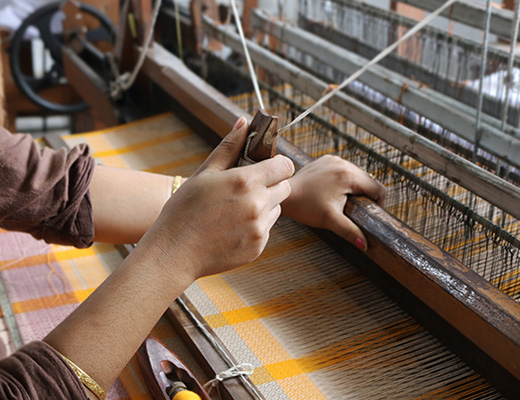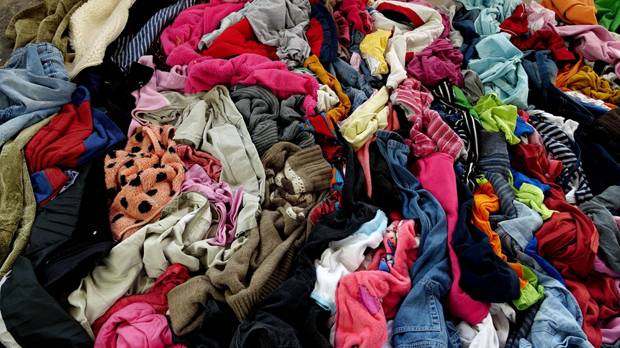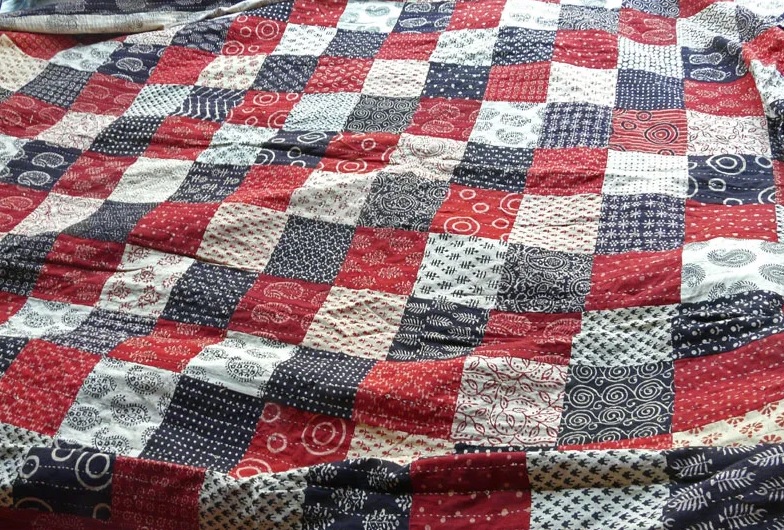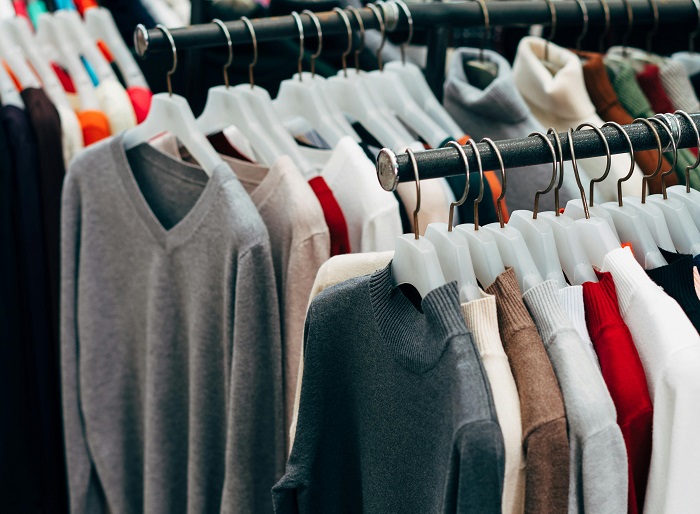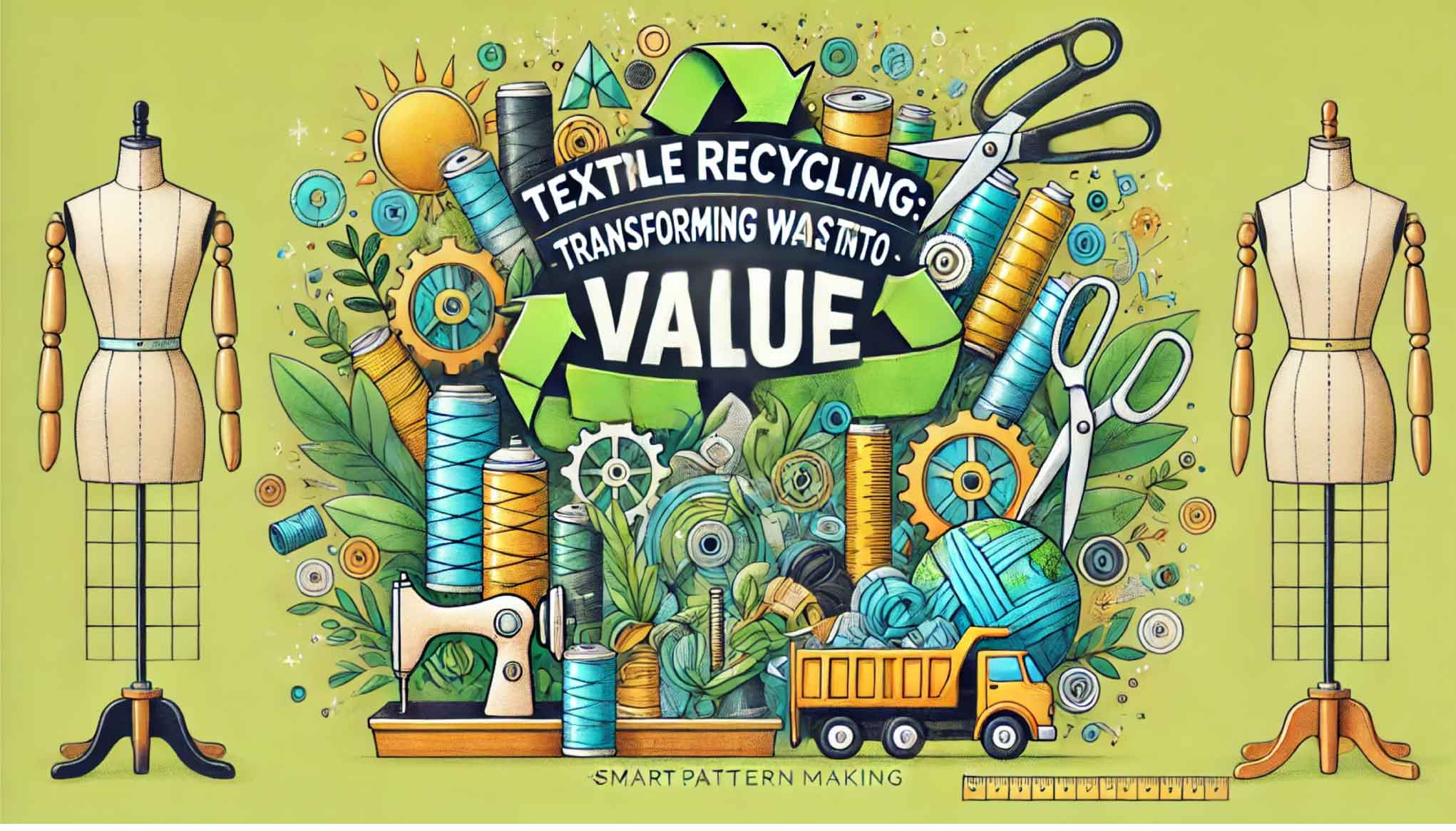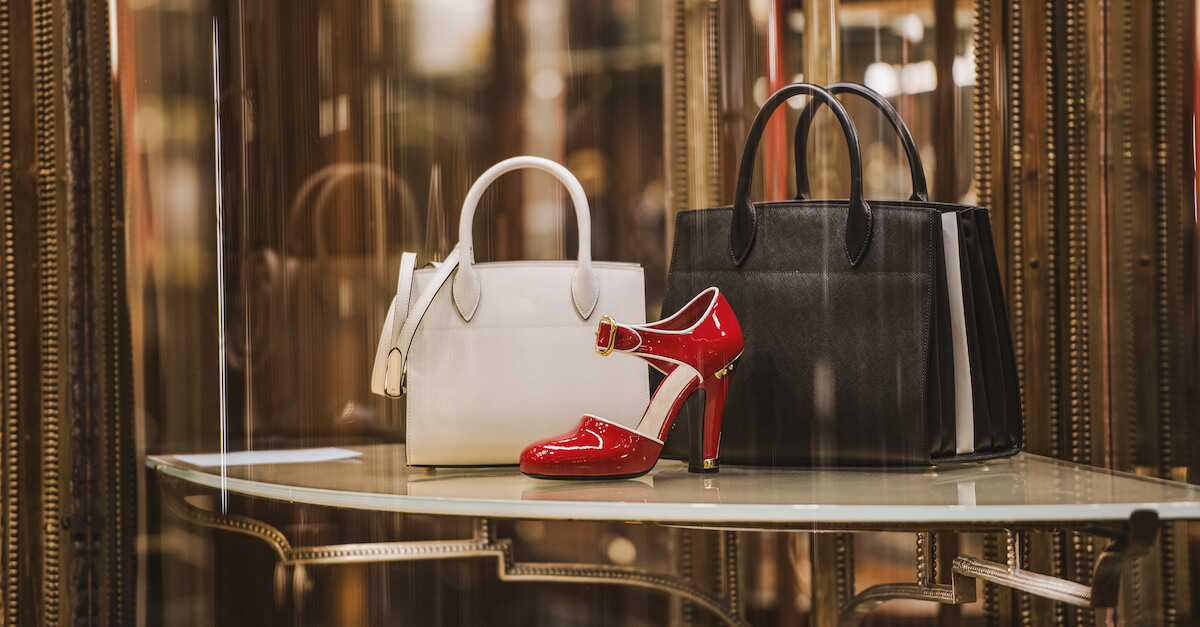Brands are experimenting with blockchain platforms. Blockchain is a decentralized database. This means it doesn’t live on any one computer. The digital ledger technology is designed to be immutable, rendering it nearly impossible to tamper with without leaving a trace. This is a critical milestone in the movement toward verifying where raw materials come from and how they are produced.
Some of retail’s and tech’s biggest names are trying to figure out how blockchain can get their supply chains under control. Alibaba is looking into how blockchain can work with other technologies, like cloud and Internet of Things, to create an industrial brain and facilitate the flow of cross-border goods, while Target is also investigating distributed ledger technology for use in its sprawling supply networks. Cellulose fiber producer Lenzing has undertaken a blockchain-based traceability pilot that monitors the journey of the Austrian firm’s tree-based raw materials from source to store. Apparel and footwear customers have successfully been tracing their goods with German blockchain startup Retraced’s platform.
Consumers are demanding greater transparency into the products they wear and are driving fashion brands to focus on assuring shoppers of an item’s ethical origin. Less than five per cent of the top 250 apparel brands can track their garments back to the fiber origin.
Apparel and textile brands start looking at blockchain
- 1
- 2
- 3
- 4
- 5
- 6
- 7
- 8
- 9
- 10
India emerges a key player in the shifting landscape of US apparel sourcing
A recent report by the United States International Trade Commission (USITC) highlights a significant shift in global apparel sourcing strategies,... Read more
Innovation weaving India’s textile industry’s growth story
India, a major player in the global textile industry is no longer just a manufacturing hub, it is fast emerging... Read more
Europe's textile recycling industry teeters on the brink of collapse
Europe's once-thriving textile sorting and recycling sector is facing an unprecedented crisis, surpassing even the challenges faced during the COVID-19... Read more
India's New Textile Policy: A bold vision or a patchwork quilt?
The Union government has just unveiled its ambitious Textile Policy for 2024, aiming to revitalize the nation's textile industry and... Read more
Survey highlights Australia’s clothing disposal habits
Australia faces significant challenges with textile waste, as over 90 percent of discarded clothes have the potential to be reused... Read more
China's dominance continues in apparel trade, India eyes growth: Wazir Advisors …
The latest apparel trade data for August 2024, as analyzed by Wazir Advisors in their monthly ‘Apparel trade scenario in... Read more
Textile waste recycling is weaving a sustainable future, creating business oppor…
Mountains of discarded clothes, overflowing land fills, and polluted waterways bear witness to global textile and apparel industry's unsustainable practices.... Read more
One Denim: Revolutionizing denim design with sustainability at its core
With fast fashion and overflowing landfills, the denim industry is facing a reckoning. The constant demand for new styles and... Read more
India's New Textile Policy: A bold vision or a patchwork quilt?
The Union government has just unveiled its ambitious Textile Policy for 2024, aiming to revitalize the nation's textile industry and... Read more
Luxury's resilience amidst global headwinds, as study reveals a €1.5 trillion ma…
Despite a year marked by geopolitical tensions and economic uncertainties, the global luxury market showed remarkable resilience in 2023, surpassing... Read more


